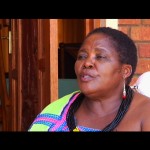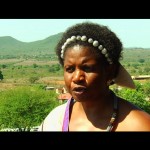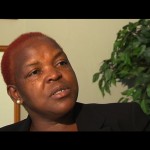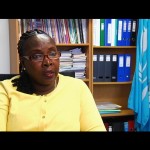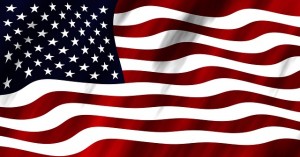In this week’s episode of Special Assignment we investigate the controversial Vhusha rite of passage for Venda teenage girls in parts of Northern Limpopo. The Vhusha initiation ceremony is a colourful but highly secretive ritual which signifies one of the most important stages in a girl’s life. Girls must attend this phase of initiation as soon as they begin menstruating, as they are now seen as women and are sexually prepared for marriage.
However, before attending the Vhusha initiation, girls as young as 8 years have to go to pre-initiation, which is known as Musevheto. This is where the girls are taught the controversial practice of stretching their vaginal lips, in a process called ukuwevha. Only then, do they qualify to attend the Vhusha initiation.
The United Nations Population Fund (UNFPA) condemns the practice of labia elongation (vaginal stretching) which is classified as a form of Female Genital Mutilation (FGM). The UNPFA says the practice violates the rights of girls. According to Seynabou Tall, a Gender Advisor at the UNFPA, vaginal elongation cannot be classified as FGM, because there is no physical cutting of the clitoris or the vaginal lips, as is usually the case in parts of North and West Africa. But, she says in communities where women’s labia have been elongated, they are sometimes unable to perform general tasks and the practice has health implications and other negative social consequences for them.
In contrast, this practice is defended by some in the Venda community, including intellectuals such as Pfarelo Matshitze, the Head of African Studies at the University of Venda, who says stretching the labia minora (vaginal lips) “is for sexual gratification of the man and nothing else.” She also says that during initiation girls are also taught how to masturbate. The latter is seen as an alternative method to assist with the girls’ reproductive health, birth control and HIV/AIDS prevention.
These and other cultural practices have raised questions about whether these violate women’s rights. Particularly because those who do not participate in these activities, are often ostracised. In our investigation, we found that girls who do not attend the annual Vhusha initiation – are called Shuvhuru – half women.
In this episode we ask the question: how do we negotiate cultural rights in a human rights-based society such as South Africa?
Watch “VHUSHA: I Am a Woman” produced by Frank Ferro. It will be broadcast on Special Assignment – aired Sundays on SABC 3 at 20:30PM. Repeated Wednesdays at 23:30PM

